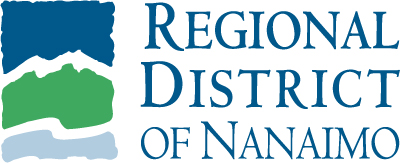Rachelle Stein-Wotten
Local Journalism Initiative Reporter, Gabriola Sounder
A successful provincial grant application will see the Regional District of Nanaimo conducting a climate risk assessment on coastal flood hazard areas in the region.
The $150,000 was granted through the B.C. community emergency preparedness fund, disaster risk reduction-climate adaptation funding stream. All coastal areas, including Electoral Area B, will be included in the study, which is expected to take up to two years to complete. The 2019 hazard risk and vulnerability assessment ranked coastal flooding from storm surges and rising sea levels exacerbated by climate change in the top 10.
“With approximately 74 per cent of RDN residents living in coastal areas, and millions of dollars of private and public infrastructure within metres of high-risk areas, having the most up-to-date information on coastal flood hazards and associated risks is critical for our region to be better prepared for, and more resilient to, coastal flood hazards,” RDN Chair Vanessa Craig said via press release.
Using coastal flood hazard maps completed in 2022, the latest study will focus on assessing the vulnerability of assets in the coastal floodplain under present day and future seal level rise conditions as well as communicate the most recent understanding of coastal hazards and associated risks, Kim Fowler, RDN manager of long range planning, energy and sustainability, said.
The assessment is part of the RDN’s transition from a traditional hazard avoidance model of land use planning to a risk-based approach, Fowler said, which provides information and analysis using exposure and vulnerability to a particular hazard. “Geographic areas and associated attributes with the highest exposure will be identified, mitigation options presented and any data gaps for future consideration recorded. This will be particularly key for core infrastructure, such as roads, sewer lines and pump stations.”
The information collected during the assessment will also be used to update emergency responses.





Recent Comments